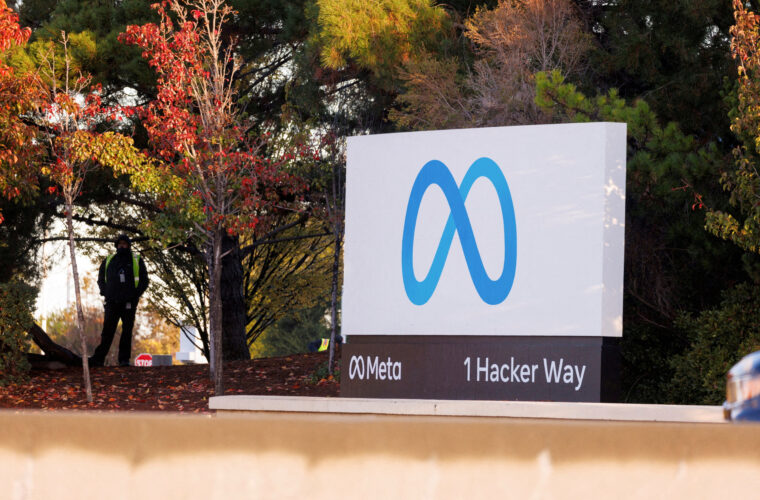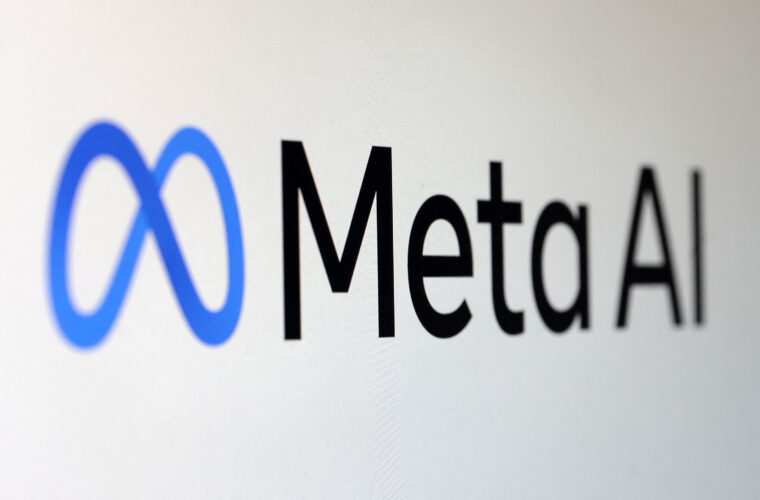Facebook and Instagram will be pay-as-you-go, only in Europe. This is not an obligation but a possibility, because the discriminating factor is the advertisements: those who pay will not see any ads, those who want to keep the free version to use the two social media will have to continue to put up with personalised commercials. Which are a priority for Meta: in 2022, Mark Zuckerberg’s company recorded revenues of over $133 billion (about €121.9 billion) thanks to advertising. The problem for European regulators, however, is that Meta has been collecting data on the online activity of the platform’s members for years in order to target them with tailored ads, without their explicit consent.
A practice deemed illegal by the Court of Justice of the European Union, which resulted in the €390 million fine imposed in January 2023 by the Privacy Commissioner of Ireland, the country chosen by Meta as its European headquarters.
Who will pay two monthly subscriptions to use social media?
The impossibility of exploiting the data of European users convinced Zuckerberg to devise a second version for the use of Facebook and Instagram, which together with WhatsApp represents a social galaxy used every month by almost 4 billion people, which drops to 3.14 billion considering the daily average. Paid social is nothing new, as in recent months Meta Verified arrived, a subscription guaranteeing users greater account protection against identity theft and rapid assistance in case of account problems in addition to the blue verification badge (prices from €13.99 to €16.99 per month, depending on whether the subscription is to the web or mobile version).



Now comes another bloodletting for European users, at least for those wishing to avoid advertisements, who will have to pay €9.99 (web) and €12.99 (mobile) per month. As with Meta verified, the mobile version’s surcharge is determined by the commission that ends up in the pockets of Apple and Google for the use of their respective App Stores. In this case, only users of legal age can subscribe to the monthly fee.
With Meta assuring that the information of paying users will not be used for advertising purposes (believing such a promise, with all the company’s track record, is an act of faith). Another relevant aspect is that until 1 March 2024, the subscription will cover all accounts connected to the Accounts Center; this means that after that date, users who use the same information to access Facebook and Instagram will have to pay an extra fee of 6 or 8 euros per month for each additional account.
Not a new business model, but a reaction to European rules
I am curious to find out how many users will be willing to pay almost 38 euros per month to subscribe to Meta verified and the new anti-advertising option. Such a high figure for a service that has always been used for free (remembering the unwritten rule of marketing: if the service is free, you are the product), seems hard to justify. But it makes little difference to Meta, because active users in the EU, the European Economic Area and Switzerland who will prefer not to pay, will keep the money flowing for advertisers, thus ensuring Meta earns more from the sale of advertising space.
“Meta will offer people in the EU, EEA and Switzerland the choice to pay a monthly subscription to use Facebook and Instagram without any ads. They can alternatively continue to use these services for free while seeing ads that are relevant to them,’ the company wrote in the note announcing the change for European users.
As for the timing of the new subscription, Meta says ‘In November, we will be offering people who use Facebook or Instagram and reside in these regions the choice to continue using these personalised services for free with ads, or subscribe to stop seeing ads’.
Meta in compliance: navigating EU’s Digital Regulations
On the reasons for the move, however, the reference is to the authorities regulating the European market. “We believe in an ad-supported internet, which gives people access to personalised products and services regardless of their economic status. It also allows small businesses to reach potential customers, grow their business and create new markets, driving growth in the European economy. And like other companies we will continue to advocate for an ad-supported internet, even with our new subscription offering in the EU, EEA and Switzerland. We respect the spirit and purpose of these evolving European regulations and commit to compliance.
And again: ‘We announced in August our intention to move people in the EU, EEA and Switzerland to the GDPR legal basis of “Consent” for the purpose of processing data collected on our own platforms for advertising purposes. We made that change to address a number of evolving and emerging regulatory requirements in the region. This includes how our lead data protection regulator in the EU, the Irish Data Protection Commission, is interpreting GDPR following a recent ruling by the Court of Justice of the European Union (CJEU) and anticipating the entry into force of the Digital Markets Act (DMA)’.
Beyond the reasons behind Meta, as also demonstrated by the new subscription options announced by Twitter, the current social media trend is that the free version will gradually undergo continuous changes and restrictions. Companies prioritize monetizing, often by offering more services and security attention to customers who are willing to pay a monthly subscription. In theory it all seems logical, because companies do not do charity, in practice those who do not want to shell out money to continue using social media should start looking around for other platforms, perhaps less popular but still free and uniform in their treatment of users.



